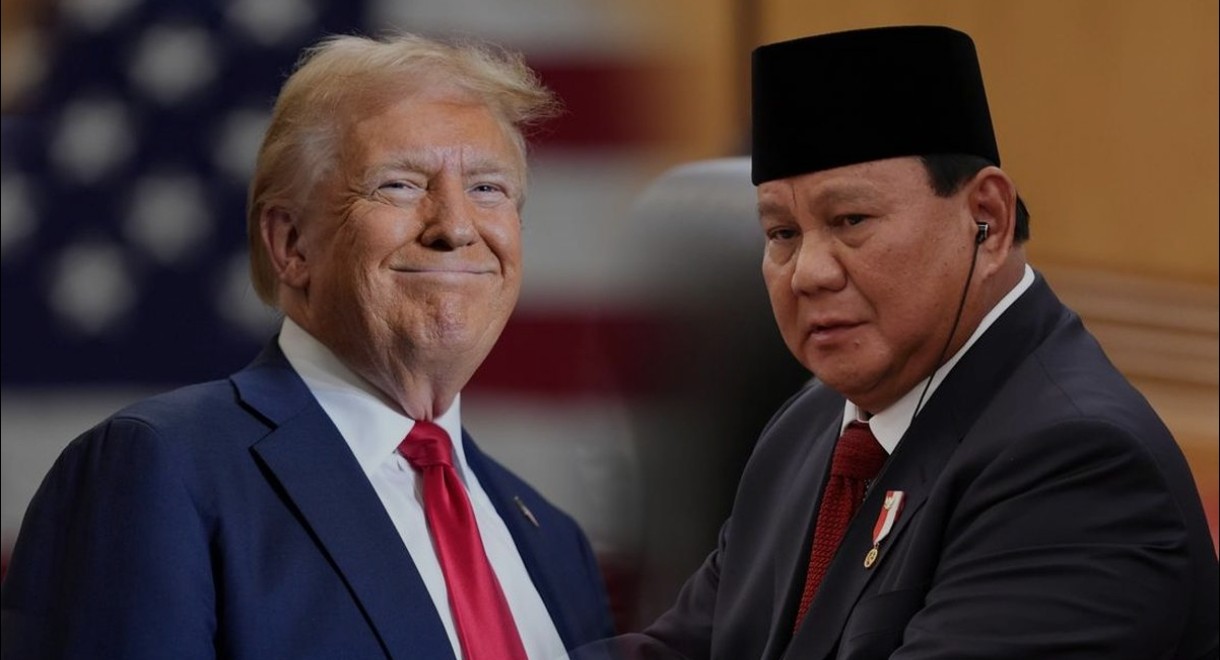Attacking US Protectionism, Prabowo Prepares Total Strategy Against Tariffs

Jakarta – The Indonesian government has shown its readiness to respond to the reciprocal tariff policy announced by United States (US) President Donald Trump. The policy, which will come into effect gradually on April 5 and 9, 2025, is considered to have an impact on various national export sectors, especially labor-intensive industries such as apparel and footwear.
Deputy Chairman of the MPR RI, Eddy Soeparno, expressed his confidence in President Prabowo Subianto’s leadership in facing global protectionist pressures.
“President Prabowo’s policy, which includes expanding the network of trading partners, increasing the competitiveness of local products, and diversifying export markets, is the right strategy,” said Eddy.
He also emphasized the importance of accelerating downstreaming as a strategy to deal with external pressure.
“This is so that Indonesia does not only produce first-order or intermediate products, but is able to produce finished products, such as batteries, solar cells, copper wire, aluminum household furniture, and others,” said Eddy.
On the other hand, the Government is preparing active diplomatic steps in response to the US tariffs. Coordinating Minister for Economic Affairs, Airlangga Hartarto emphasized that Indonesia still chooses the path of diplomacy and negotiation to find a mutually beneficial solution.
“Indonesia is preparing an action plan by considering several things, including imports and investment from the United States,” said Airlangga in a Limited Coordination Meeting.
The government also noted that industrial sectors were vulnerable to global market fluctuations, and promised support through incentives to maintain competitiveness.
“All industries (sectors) are invited to get input related to their exports and also related to things that we need to maintain, especially the labor-intensive sector,” Airlangga continued.
Not only that, the government also opened up big opportunities in the European market which Airlangga called “the second largest market after China and the United States”. This was done so that Indonesia would not depend on a single market and have stronger export alternatives.
Ahead of the diplomatic deadline of April 9, 2025, President Prabowo has asked all relevant ranks to respond quickly and in a measured manner through deregulation schemes and cross-sector coordination.
“The President asked us to write before April 9. But technically, the team continues to work,” said Airlangga.
With an inclusive and coordinated strategy, Indonesia is optimistic that it will be able to survive and even grow amidst the shock of the global trade war.
